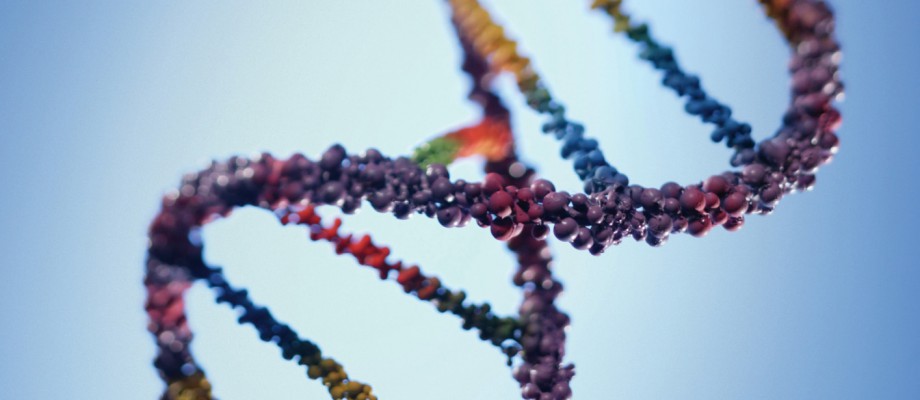Synthetic biology: great expectations and great responsibilities

Synthetic biology is an emerging bioscience. ‘Responsible Research and Innovation’ is a new approach to science governance. Both are controversial, as one asks new questions about engineering life and the other about the governance of such activities. Bringing them together is even more controversial.
Can it be done? Should it be done? Who decides?
These are questions we want to discuss in a panel that brings together natural scientists, social scientists and a member from a non-governmental organisation.
Organised by Professor Brigitte Nerlich as part of the ESRC Festival of Social Science, our panel will be chaired by the scientist and broadcaster Adam Rutherford, author of the book Creation: how science is reinventing life itself (2013) and presenter of BBC Radio 4’s flagship science programme, ‘Inside Science’.
Panel members:
- Professor Pete Licence, Chemistry, University of Nottingham
- Associate Professor Klaus Winzer, Microbiology, University of Nottingham
- Professor Brigitte Nerlich, Sociology and Social Policy, University of Nottingham
- Dr Andrew Balmer, Sociology, University of Manchester
- Hilary Sutcliffe, Matter for All
Synthetic biology is a new, emerging approach to biological sciences which holds many promises in terms of producing, and even ‘engineering’, new medicines, materials and food. At the EPSRC/BBSRC funded Synthetic Biology Research Centre here in Nottingham, we combine older knowledge about fermentation, for example, with newer knowledge about editing and manipulating the genetic make-up of the bacteria that make fermentation work. We want to use these bacteria to create new products from waste gases, such as those emitted by steel mills.
Admission free, book online.
Tags: Adam Rutherford, Andrew Balmer, biology, Brigitte Nerlich, ESRC, ESRC Festival of Social Science, Hilary Sutcliffe, Klaus Winzer, Matter for All, Responsible Research and Innovation, synthetic biology
Leave a Reply
Upcoming Events

